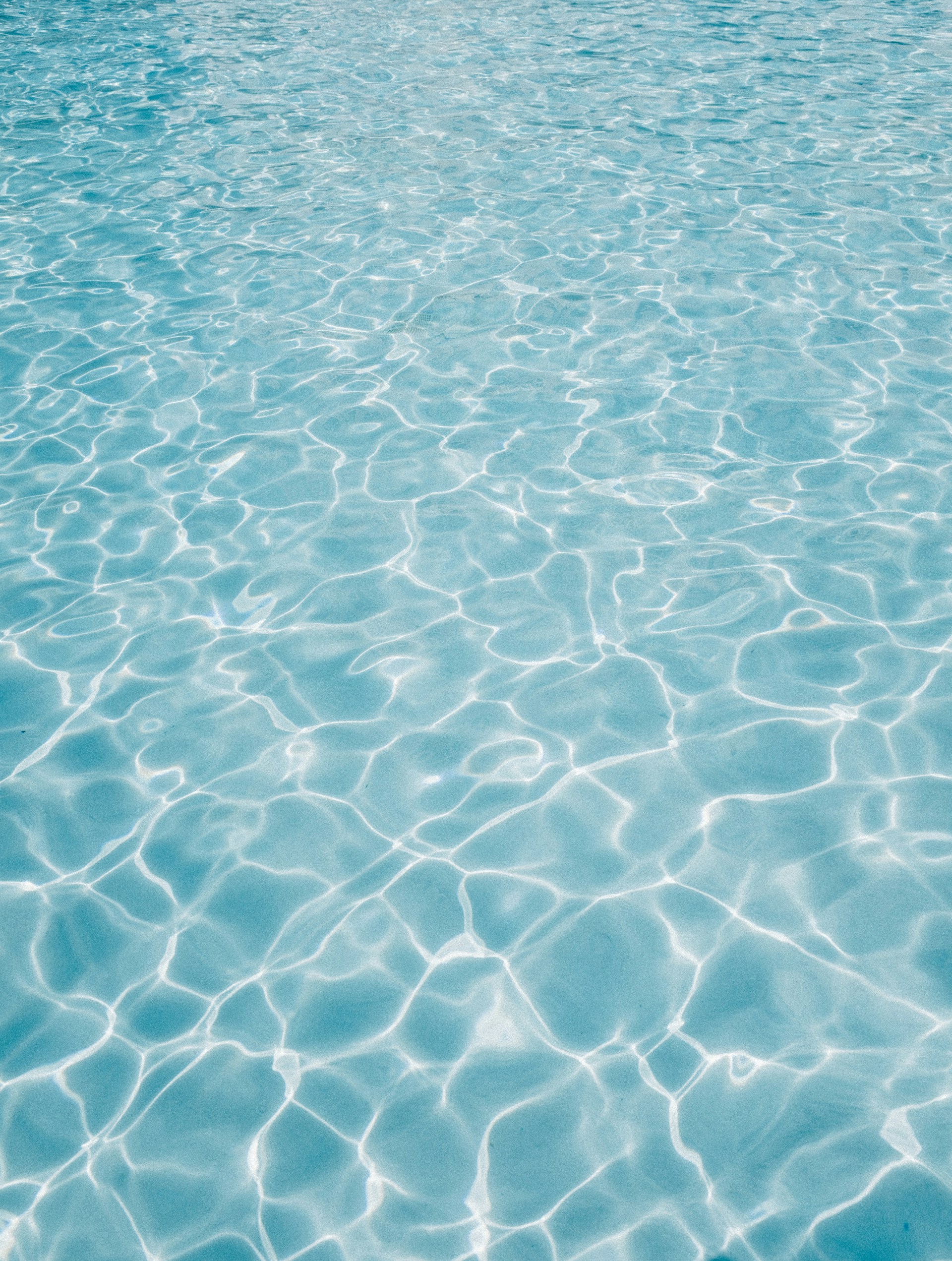Diving Into Life: The Lifesaving Importance of Learning to Swim Early
"Diving Into Life" is a compelling blog that underscores the vital importance of learning how to swim from a young age. Through a thoughtful exploration of the multifaceted benefits of swimming, the blog delves into why swimming is not merely a recreational activity but a crucial life skill with the power to save lives. It highlights the safety implications, noting that early swimming education significantly reduces drowning risks, especially among children. Beyond safety, the blog also illuminates the extensive health, developmental, and social benefits of swimming, from enhancing physical fitness and cognitive skills to fostering confidence, discipline, and social interaction. Emphasizing swimming's role in promoting a lifelong appreciation for an active lifestyle and preparing individuals for unexpected water-related situations, "Diving Into Life" makes a persuasive case for integrating swimming lessons into the early stages of child development. It's a call to action for parents, guardians, and educators to prioritise swimming education, painting a vivid picture of how swimming skills can serve as both a safeguard and a source of joy throughout life.
2/29/20242 min read

Swimming: it's more than just a fun summer activity or a way to cool down on a hot day. In fact, the importance of learning to swim, especially from a young age, cannot be overstated. It's a skill that not only provides endless joy and health benefits but, more importantly, could one day save a life.
1. A Lifesaving Skill
The most compelling reason to learn to swim early is undeniably safety. According to the World Health Organization, drowning is the 3rd leading cause of unintentional injury death worldwide, with children being particularly vulnerable. Early swimming lessons can significantly reduce the risk of drowning by equipping children with the necessary skills to navigate water safely. It's not just about being able to swim; it's about understanding water safety, being able to float, tread water, and keep calm in potentially dangerous situations.
2. Health and Development Benefits
Swimming is a phenomenal form of exercise that engages multiple muscle groups simultaneously, promoting overall physical health, enhancing cardiovascular conditioning, and improving strength and flexibility. For young bodies, this can contribute to better physical development, including coordination and balance. Furthermore, swimming is a low-impact activity, meaning it's gentle on joints and accessible for children with different physical abilities.
The benefits aren't purely physical. Swimming from an early age can also have significant cognitive and emotional benefits. It encourages discipline, patience, and goal setting. The achievements made in the pool, no matter how small, boost self-esteem and confidence. Moreover, swimming lessons are often group activities, providing an excellent opportunity for social development.
3. A Lifelong Enjoyment
When children learn to swim early, they're more likely to develop a lifelong love for swimming and a healthy, active lifestyle. The joy of swimming isn't confined to childhood; it's an activity that can be enjoyed at any age. It opens up a world of possibilities: water sports, competitive swimming, or simply the pleasure of a leisurely swim on a warm day. The early mastery of swimming ensures that children can safely enjoy various water-related activities and settings throughout their lives.
4. Preparation for the Unexpected
Life is unpredictable, and water is everywhere. From vacations near oceans, lakes, and pools to unexpected encounters with water in daily life, knowing how to swim prepares children for the unexpected. It ensures that they can respond appropriately and safely in emergencies, not just for themselves but potentially in assisting others.
In Conclusion
The importance of learning to swim from a young age cannot be understated. It's a skill that transcends recreational activity and becomes a fundamental part of a child's safety and development. As parents, guardians, and educators, it's our responsibility to ensure that children are equipped with this essential skill early in life. By doing so, we're not just teaching them how to move through water; we're giving them a tool for life that could one day save their life or the life of another. So, let's dive into the world of swimming, where every stroke is a step towards a safer, healthier, and happier life.





